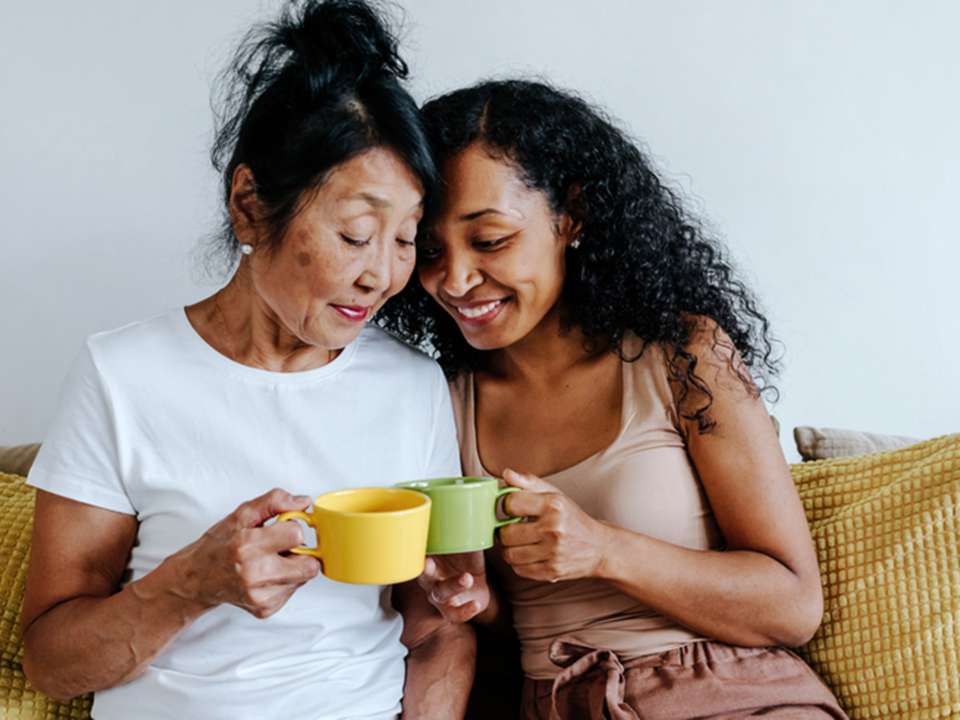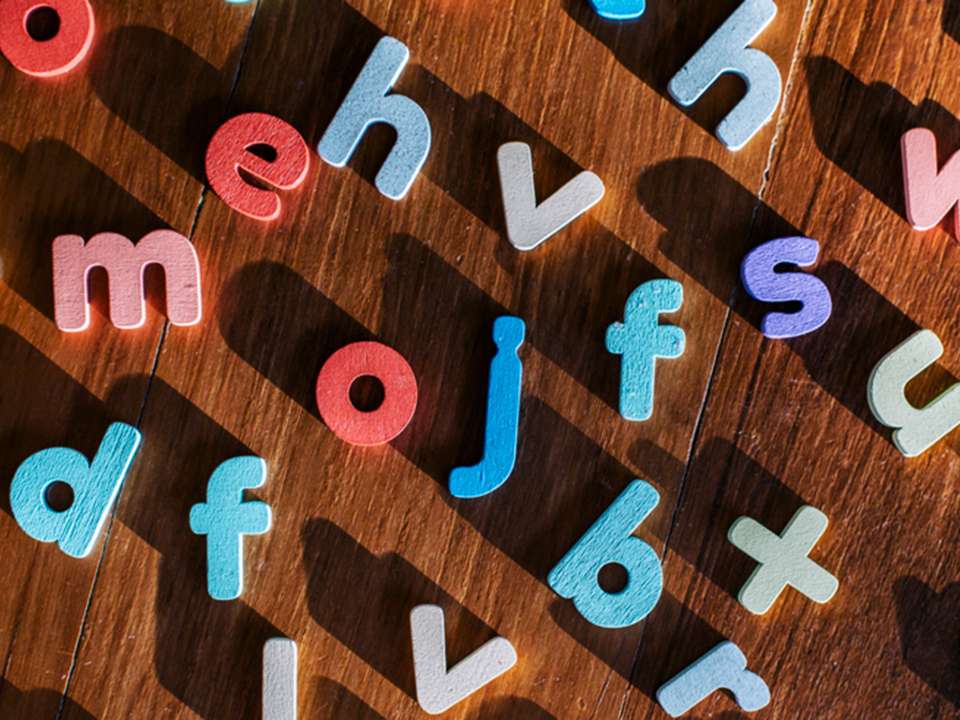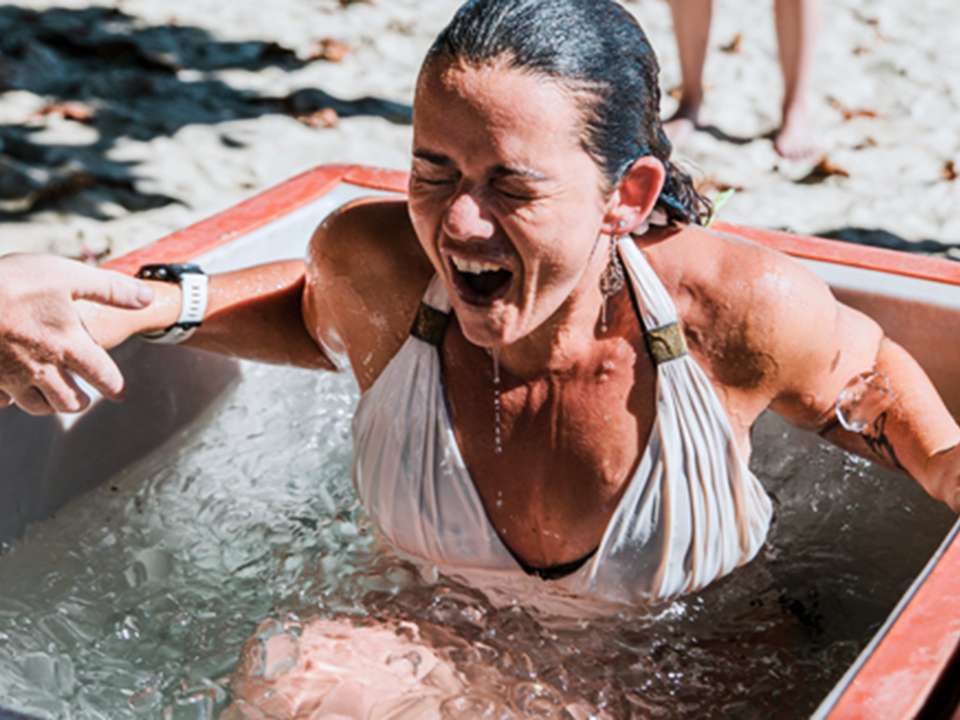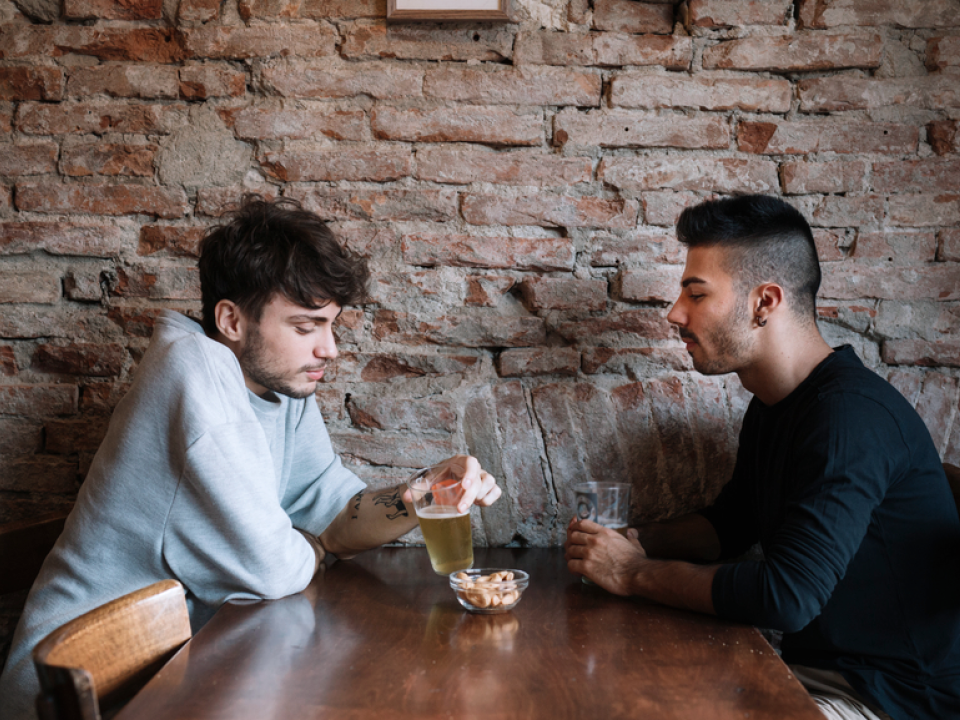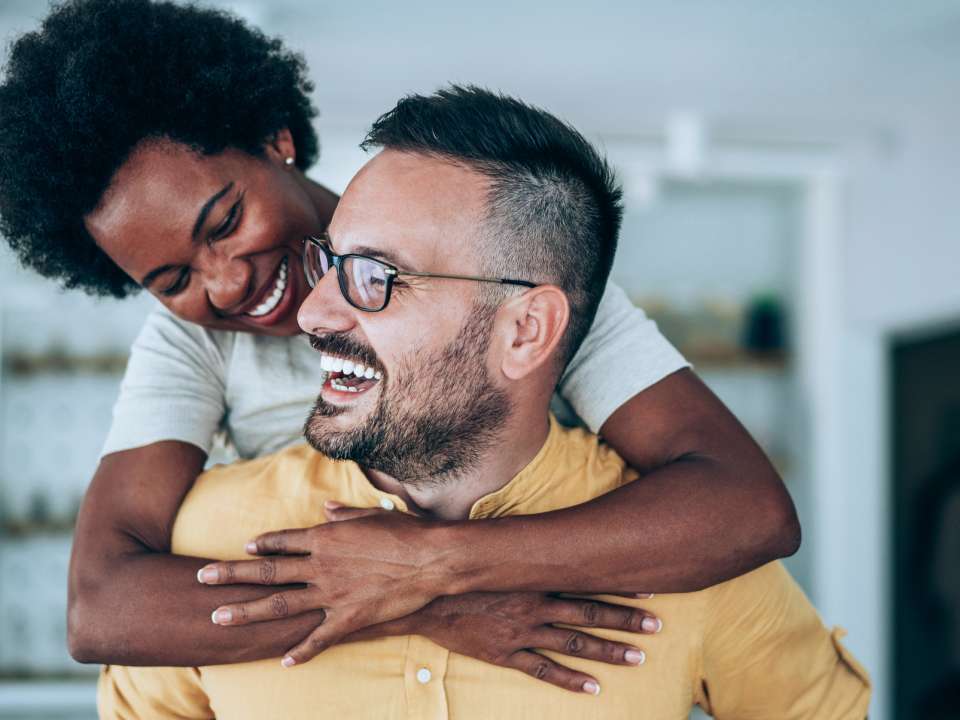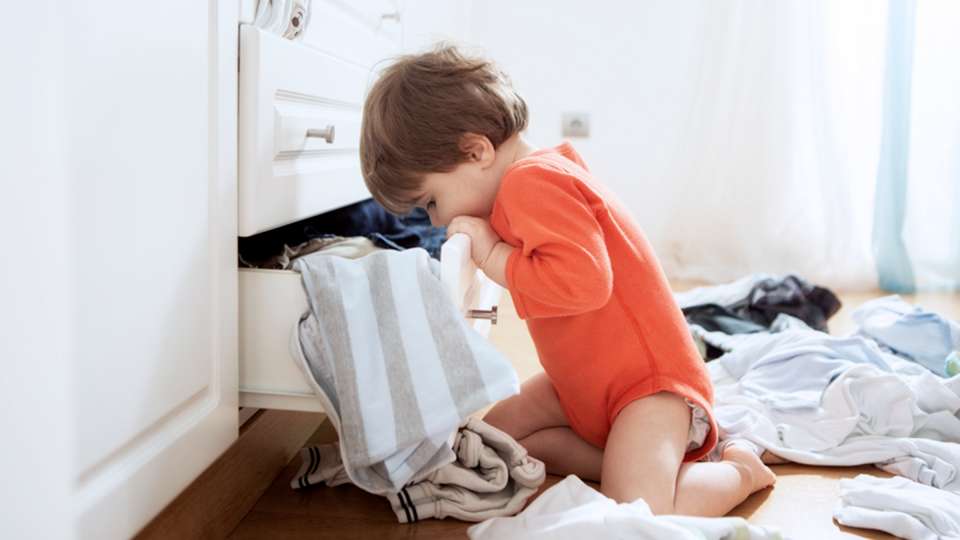
In the United States, thousands of children are killed or injured by a firearm every year.
While those younger than 18 can’t legally purchase a firearm, the American Academy of Pediatrics estimates about a third of U.S. households with children have a firearm in the home.
And in this year’s pandemic-fueled panic buying, that number is most certainly going up. In the first six months of 2020, gun purchase background checks were 69% higher compared to background checks in the first half of 2019.
So what can you do to protect your kids?
Dr. Frederick Rivara, a professor of pediatrics at the University of Washington School of Medicine and director of the Firearm Injury and Policy Research Program, explains what all parents — gun owners or not — should know about firearm safety.
It’s all about access
Although you often hear tragic stories about young children finding a gun and accidentally shooting themselves or someone else, Rivara says a majority of firearm-related deaths in children are due to homicides and suicides.
“According to the Centers for Disease Control and Prevention, in 2018, there were only 116 unintentional or accidental firearm deaths under the age of 19,” he notes. “There were 1,857 homicides and 1,297 suicides.”
The one thing those firearm deaths had in common? Access to a gun.
Rivara points out that firearm safety is not about taking away someone’s right to lawfully own a gun — it’s about keeping those guns away from children and other vulnerable groups.
“Whenever I talk about firearms, I start off with the premise that we live in the United States and that people have a right to have firearms in their homes,” he says. “But safety is about how we can restrict access of those firearms to those who might harm themselves or others.”
How to safely store a gun in your home or car
People in the United States own guns for different reasons, with self-protection and hunting being the two most common. As a result, gun owners may store their firearms in a variety of ways.
“Hunters usually keep their firearms locked up because they only use them occasionally,” Rivara notes. “The flipside of that is the person who has a loaded, unlocked firearm in the bedside table for protection.”
Whatever your reason for owning a gun, when it comes to firearms and children, it’s always best to err on the side of caution.
“The key is that the gun is stored safely,” Rivara says. “The firearm should be unloaded and locked up, and the ammunition should ideally be locked up separately. Even if you want to have a firearm for protection, there are gun safes and lockboxes that operate on a push-button mechanism so you can access it within two or three seconds.”
If you keep a gun in your car, the safe storage rule still applies.
“You don’t want to store it in the glove compartment because it’s not safe from kids and it can get stolen more easily in a car prowl,” Rivara says. “Instead keep it in a lockbox in the trunk.”
On top of these basic safety measures, you should also make sure your child doesn’t know the code or have access to the key to any gun safes or lockboxes that you own.
How to talk to your kids about guns
While all these storage precautions are a great place to start, another crucial element to gun safety is education.
Rivara encourages all firearm owners to take a safety class to learn about storing, handling and using a firearm. Then talk to your kids about what you learned.
If you have a young child, tell them to never touch a firearm — even if they think it’s a toy — and to immediately leave the area and tell an adult about it. You can even practice this scenario a few times with your kids to help them better understand what to do.
For parents of older kids and teenagers, it’s important to have ongoing conversations about gun safety as well as suicide and their mental health. If you think your child is having thoughts of harming themselves, talk with their doctor. You can also place your firearms in safe storage to temporarily remove them from your home as a precaution.
And if your kids are visiting a relative or friend, don’t be afraid to ask the other adults if they have a gun in their home and how it’s stored. It might feel awkward in the moment, but it can also save your kid’s life.
“We’re not telling people that they should or shouldn’t own guns,” Rivara says. “The point is that if you do have guns, they need to be safely stored to prevent more kids from dying from firearms.”

 Healthy ideas for your inbox
Healthy ideas for your inbox

